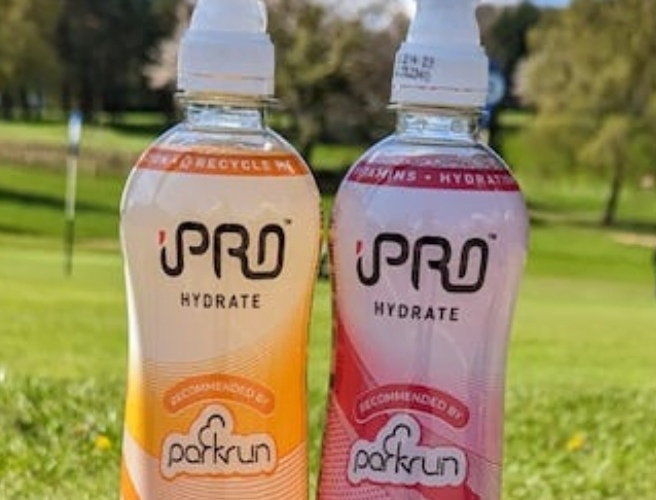Bluewater, a global water purification leader, today said a study had confirmed its top of the line Bluewater Pro purifier successfully removes up to 99.99% of health-threatening PFAS chemicals such as PFOA, PFOS, PFBA, and PFBS. PFAS chemicals have been found in the tap water of communities around the world.
Known as ‘forever chemicals’, PFAS’s are believed to be driving increased rates of some cancers and other medical issues, including resistance to vaccines, liver damage, immune system disruption, impaired fertility, and high cholesterol. The research was carried out in a laboratory at the prestigious Royal Institute of Technology in Stockholm (KTH) and the results were verified by the independent bio-analytical testing group Eurofins.
“Proving the ability of our water purifiers to remove toxic PFAS is excellent news for anyone worried about forever chemicals in tap water,” said Bengt Rittri, founder and CEO of Bluewater. Research shows PFAS exposure mostly comes from drinking contaminated water, eating food such as fish or vegetables grown in contaminated soil, food packaging, or using PFAS coated products.
PFAS accumulate over time in humans and the environment. The chemicals are used in various consumer products and industrial applications, including firefighting foams, non-stick metal coatings for frying pans, paper food packaging, creams and cosmetics, textiles for furniture and outdoor clothing, paints, pesticides, and pharmaceuticals.
The U.S. Environmental Protection Agency (EPA) says there is evidence exposure to PFAS can lead to adverse human health effects, while the European Environment Agency (EEA) describes PFAS as ‘moderately to highly toxic, particularly for children’s development’.
Biomonitoring studies by the U.S. Centers for Disease Control and Prevention indicate PFAS may be in the blood of nearly all Americans. In mid-January, 2021, a studypublished in Environmental Sciences Europe said around 100 million Chinese in 66 cities across China were drinking tap water with unsafe levels of PFAS.
Laboratory tests commissioned by the Environmental Working Group, in Washington, USA, in late 2019, found toxic PFAS fluorinated chemicals in the drinking water of dozens of U.S. cities, including major metropolitan areas. Some of the highest PFAS levels detected were in samples from cities such as Miami, Philadelphia, New Orleans, and New York City, prompting the EWG to say the number of Americans exposed to PFAS from contaminated tap water has been dramatically underestimated by previous studies,
Dr. Ahmed Fawzy, Ph.D., a senior research scientist at Bluewater who carried out the tests at KTH verified by Eurofins, said little detailed information is available regarding which specific PFAS are used in what applications and to what extent.
“Due to the uncertainty, we decided to independently test the PFAS removal efficiency of the Bluewater Pro water purifier,” Dr. Fawzy said. The tests encompassed the four most common PFAS compounds in drinking water listed by the Swedish National Food Agency, PFOA, PFOS, PFBA, and PFBS.
“We deliberately contaminated the water entering the Bluewater Pro with PFAS at concentrations higher than average levels and then fed the water through the Bluewater purifier. Testing the purified water revealed an unequivocal result; Bluewater’s unique second-generation SuperiorOsmosis™technology had removed up to 99.99 percent of all the PFAS chemicals tested for,” said Dr. Fawzy.



